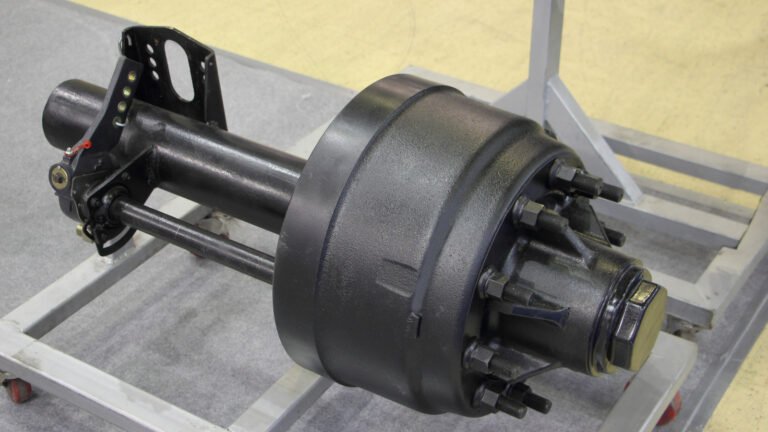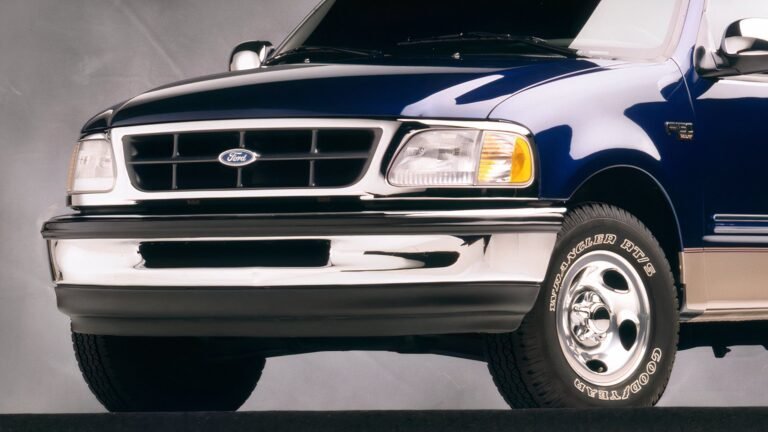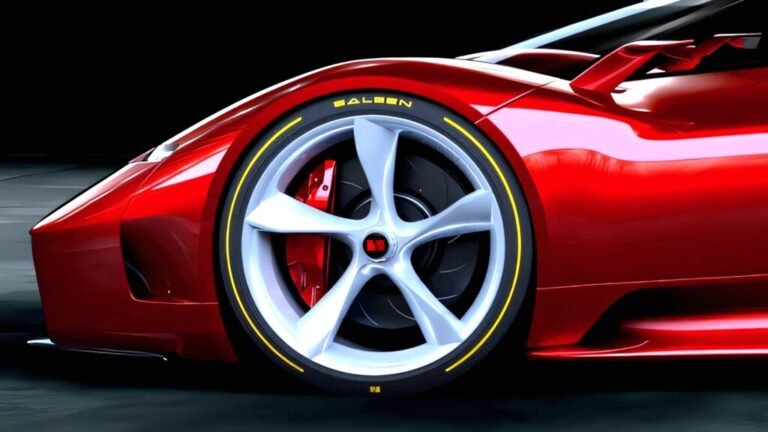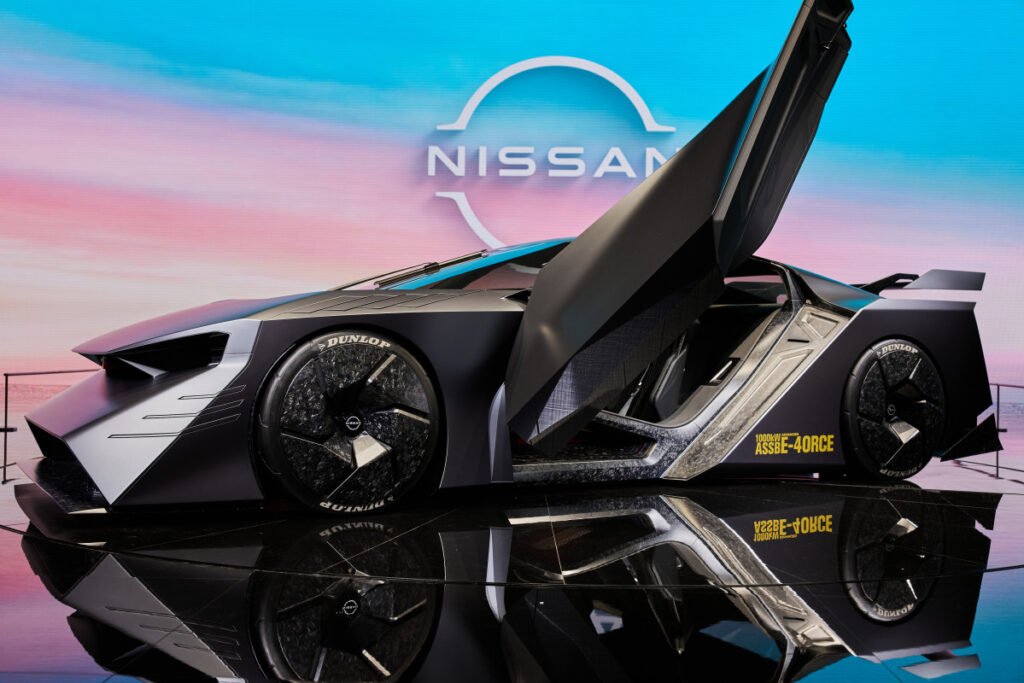
Nissan has revealed its most ambitious battery breakthrough to date, a next-generation EV battery that it claims can double driving range while cutting charging times in half compared with the brand’s current lithium-ion units. The technology, which will likely form the foundation for Nissan’s upcoming all-solid-state battery program, underscores the automaker’s effort to reestablish itself as a leader in electric innovation.
According to early testing data, the new battery design achieves a step-change in energy density and thermal efficiency, allowing vehicles to travel significantly farther between charges. The company, reports the Nikkei, says it will also make EV ownership more convenient by reducing charging downtime, two of the biggest barriers to adoption for mainstream buyers.

Technology Built for the Future
The development is part of Nissan’s wider electrification strategy, which aims to roll out 19 new EVs by 2030. The breakthrough builds on ongoing R&D across Nissan’s global testing network, including advanced facilities in Japan and the United States. For instance, its Arizona proving ground has been upgraded to accelerate testing of electric systems, battery durability, and next-generation driver-assistance technology.
While Nissan hasn’t confirmed which models will debut the new battery, early speculation points toward future versions of the Ariya crossover or its next compact EV platform. The company’s investment into advanced battery chemistries reflects its broader push to align electric performance with affordability, longevity, and mass scalability.
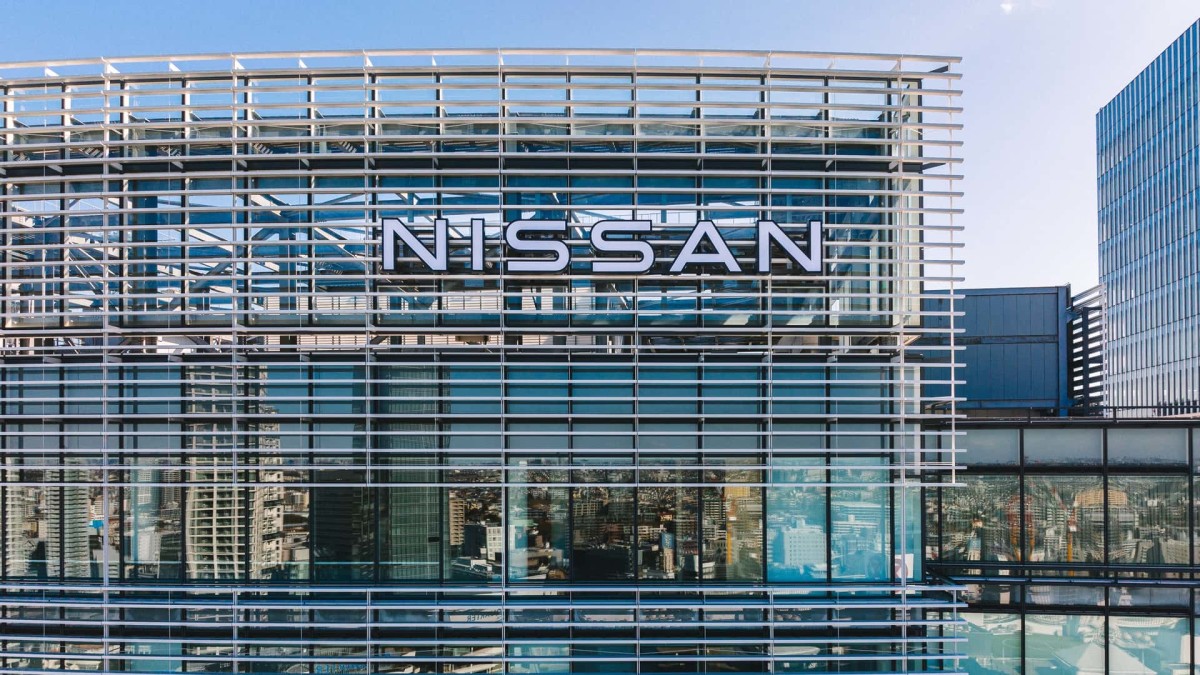
Strategic Collaborations Ahead
Nissan’s battery innovation dovetails with potential industry partnerships. The brand is open to sharing its powertrain technology with other automakers. Similar collaborations could help spread development costs for next-gen battery systems and ensure compatibility across multiple EV platforms.
It also signals a strategic pivot, rather than going it alone, Nissan appears willing to collaborate to fast-track progress in electrification. This approach mirrors global trends, where automakers are pooling resources to overcome the cost and complexity of energy storage innovation.
What It Means for Drivers
If Nissan’s claims hold up in real-world testing, EVs built with this technology could deliver more than 600 miles of range while recharging in less than half an hour. That kind of performance would reposition Nissan as a frontrunner in the electric market and could reignite interest in its performance sub-brands. The company is already exploring ways to merge cutting-edge EV efficiency with enthusiast appeal, something this battery breakthrough could make easier.
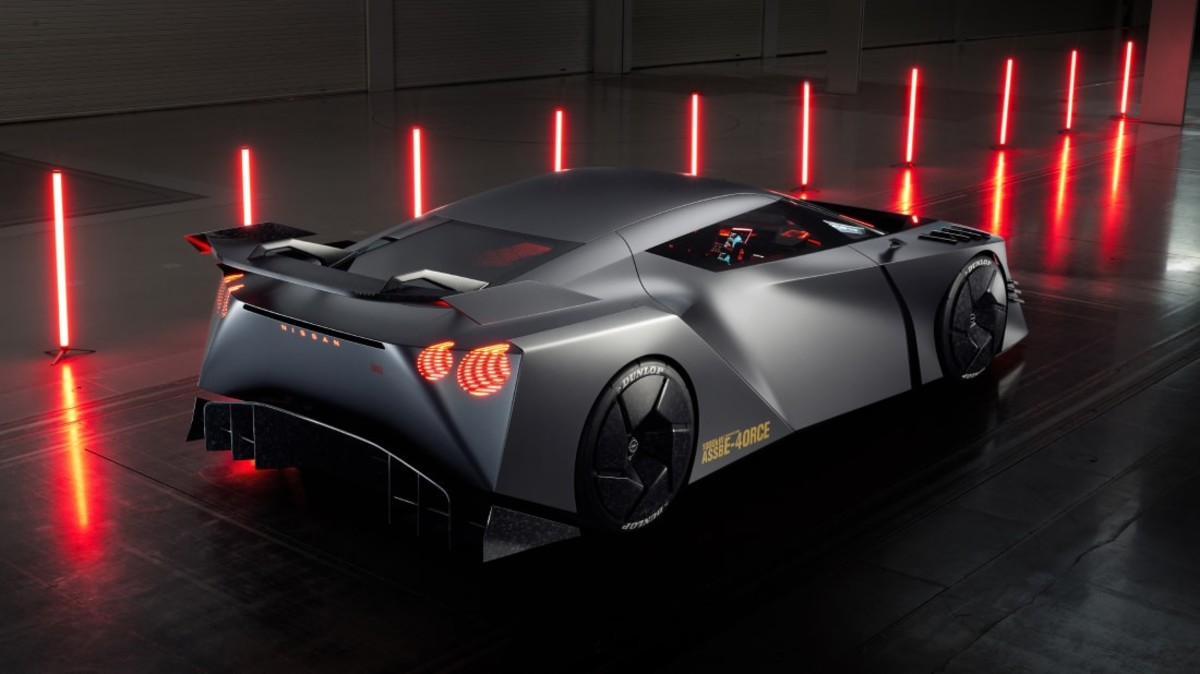
Nissan
Why It Matters
For Nissan, the announcement represents a technological milestone. The brand that launched one of the first mass-market EVs is now pushing for leadership in the next phase of electric evolution. If the new battery performs as promised, it could redefine expectations for range, speed, and usability, and once again put Nissan at the center of the EV conversation.
